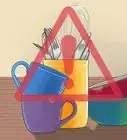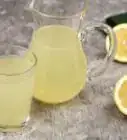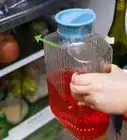This article was co-authored by Olivia Mitchell, RDN, IFNCP and by wikiHow staff writer, Eric McClure. Olivia Mitchell is an Integrative and Functional Nutrition Certified Practitioner (IFNCP™) and a Registered Dietitian Nutritionist (RDN) with a focus on women's hormones and fertility. Olivia has her virtual practice where she helps her clients dive deeper into often overlooked causes of infertility with a customized diet, lifestyle, and supplement changes. She is also the co-founder of the Natalwork and Lead Nutrition Coach with On The Goga. Olivia received her Bachelor’s degree in Nutrition Sciences from West Chester University of Pennsylvania and her RDN from The University of Houston.
There are 21 references cited in this article, which can be found at the bottom of the page.
This article has been viewed 15,624 times.
You may be surprised, but almost every food and drink you consume contains some water.[1] In fact, roughly 20% of the average person’s daily water intake comes from their food and they don’t even realize it![2] It’s exceptionally easy to get hydrated without water, but that doesn’t mean you don’t need to drink plenty of H2O. While supplementing your diet with some water-rich foods and drinks is a surefire way to stay hydrated, you should still aim to knock back at least 11–15 cups (2.6–3.5 L) of water a day.[3]
Steps
Expert Q&A
-
QuestionHow can you tell if you are dehydrated?
 Olivia Mitchell, RDN, IFNCPOlivia Mitchell is an Integrative and Functional Nutrition Certified Practitioner (IFNCP™) and a Registered Dietitian Nutritionist (RDN) with a focus on women's hormones and fertility. Olivia has her virtual practice where she helps her clients dive deeper into often overlooked causes of infertility with a customized diet, lifestyle, and supplement changes. She is also the co-founder of the Natalwork and Lead Nutrition Coach with On The Goga. Olivia received her Bachelor’s degree in Nutrition Sciences from West Chester University of Pennsylvania and her RDN from The University of Houston.
Olivia Mitchell, RDN, IFNCPOlivia Mitchell is an Integrative and Functional Nutrition Certified Practitioner (IFNCP™) and a Registered Dietitian Nutritionist (RDN) with a focus on women's hormones and fertility. Olivia has her virtual practice where she helps her clients dive deeper into often overlooked causes of infertility with a customized diet, lifestyle, and supplement changes. She is also the co-founder of the Natalwork and Lead Nutrition Coach with On The Goga. Olivia received her Bachelor’s degree in Nutrition Sciences from West Chester University of Pennsylvania and her RDN from The University of Houston.
Integrative & Functional Nutrition Certified Practitioner Signs of dehydration include urine that is very dark or concentrated in color—ideally, you want it to be light-colored. Other symptoms include lightheadedness and cramping.
Signs of dehydration include urine that is very dark or concentrated in color—ideally, you want it to be light-colored. Other symptoms include lightheadedness and cramping.
Warnings
- Stay away from beverages with a lot of sugar in them if you want to stay hydrated. Any benefit you get from the beverage will be outweighed by the negative health impact of the sugar.[33]⧼thumbs_response⧽
- While alcohol often has a high water content, it also suppresses your anti-diuretic hormones, which help to absorb water. This means that while one or two alcoholic beverages may make you feel hydrated, drinking a lot of alcohol will eventually make you dehydrated.[34]⧼thumbs_response⧽
References
- ↑ https://www.gov.mb.ca/agriculture/food-safety/at-the-food-processor/water-content-water-activity.html#relationship
- ↑ https://www.mayoclinic.org/healthy-lifestyle/nutrition-and-healthy-eating/in-depth/water/art-20044256
- ↑ https://www.mayoclinic.org/healthy-lifestyle/nutrition-and-healthy-eating/in-depth/water/art-20044256
- ↑ https://gulfnews.com/how-to/9-ways-to-stay-hydrated-without-drinking-water-1.1844522
- ↑ https://www.hsph.harvard.edu/nutritionsource/water/
- ↑ https://www.mayoclinic.org/healthy-lifestyle/nutrition-and-healthy-eating/expert-answers/caffeinated-drinks/faq-20057965
- ↑ https://www.cnn.com/2019/09/25/health/best-drinks-for-hydration-wellness
- ↑ https://academic.oup.com/ajcn/article/103/3/717/4564598
- ↑ https://www.cdc.gov/healthyweight/healthy_eating/water-and-healthier-drinks.html
- ↑ https://www.cdc.gov/healthyweight/healthy_eating/water-and-healthier-drinks.html
- ↑ https://gulfnews.com/how-to/9-ways-to-stay-hydrated-without-drinking-water-1.1844522
- ↑ https://www.health.harvard.edu/staying-healthy/the-importance-of-staying-hydrated
- ↑ https://www.healthywomen.org/content/article/top-10-hydrating-foods
- ↑ https://www.berkeleywellness.com/healthy-eating/food/article/how-much-water-your-food
- ↑ https://www.nytimes.com/2008/07/01/science/01qna.html
- ↑ https://www.pvamu.edu/cahs/2016/05/24/health-benefits-of-infused-water/
- ↑ https://www.hsph.harvard.edu/nutritionsource/water/
- ↑ https://www.gov.mb.ca/agriculture/food-safety/at-the-food-processor/water-content-water-activity.html#relationship
- ↑ https://www.berkeleywellness.com/healthy-eating/food/article/how-much-water-your-food
- ↑ https://gulfnews.com/how-to/9-ways-to-stay-hydrated-without-drinking-water-1.1844522
- ↑ https://www.health.harvard.edu/staying-healthy/the-importance-of-staying-hydrated
- ↑ https://gulfnews.com/how-to/9-ways-to-stay-hydrated-without-drinking-water-1.1844522
- ↑ https://www.feastingathome.com/10-healing-broth-based-soups/
- ↑ https://www.healthywomen.org/content/article/top-10-hydrating-foods
- ↑ https://www.health.harvard.edu/staying-healthy/the-importance-of-staying-hydrated
- ↑ https://www.berkeleywellness.com/healthy-eating/food/article/how-much-water-your-food
- ↑ https://www.diffen.com/difference/Greek_Yogurt_vs_Regular_Yogurt
- ↑ https://www.gov.mb.ca/agriculture/food-safety/at-the-food-processor/water-content-water-activity.html#relationship
- ↑ https://www.cnn.com/2008/HEALTH/diet.fitness/08/26/cl.get.fluids/index.html
- ↑ https://www.health.harvard.edu/blog/an-omnivores-dilemma-how-much-red-meat-is-too-much-2019123018519
- ↑ https://www.mayoclinic.org/healthy-lifestyle/nutrition-and-healthy-eating/expert-answers/coconut-water/faq-20207812
- ↑ https://my.clevelandclinic.org/health/treatments/9013-dehydration
- ↑ https://www.hsph.harvard.edu/news/hsph-in-the-news/the-importance-of-hydration/
- ↑ https://www.gov.mb.ca/agriculture/food-safety/at-the-food-processor/water-content-water-activity.html#relationship
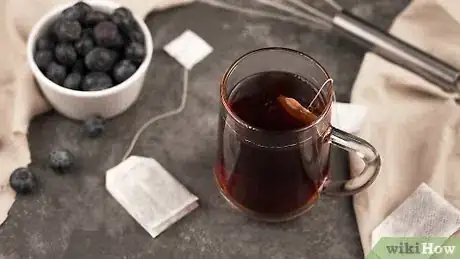
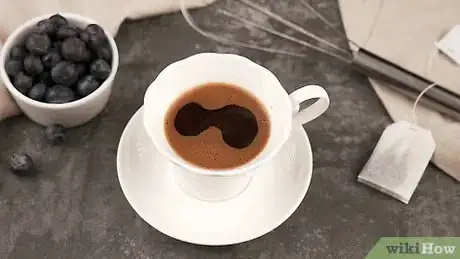
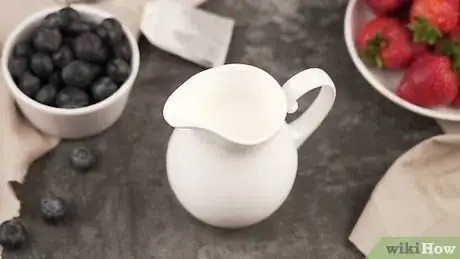
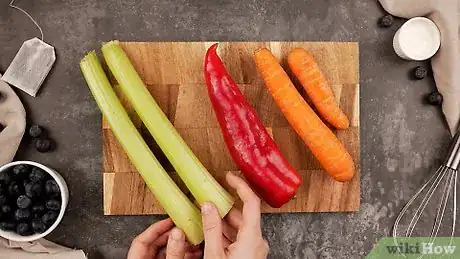
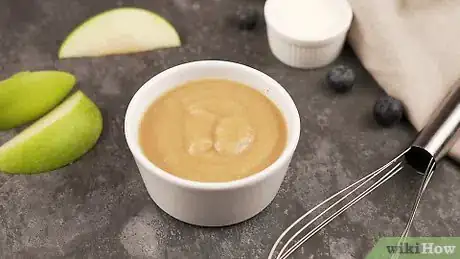
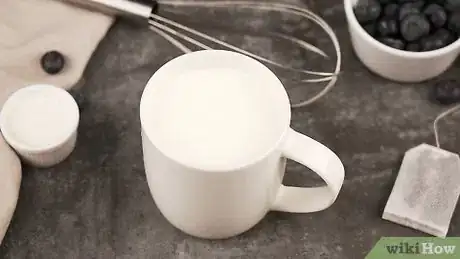
-Step-9-Version-5.webp)
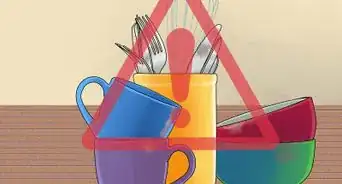
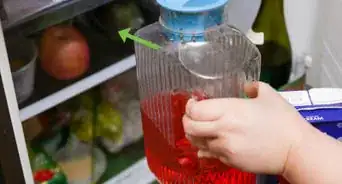
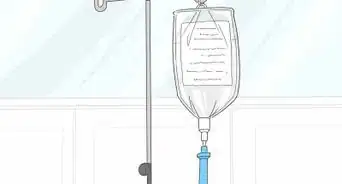
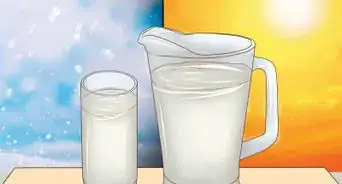

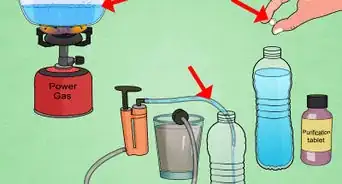







-Step-9-Version-5.webp)
